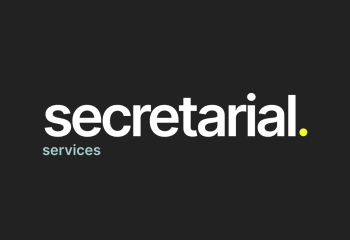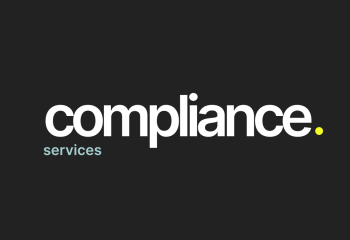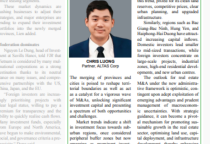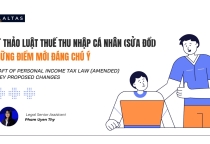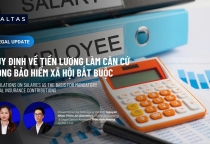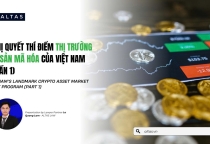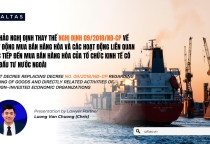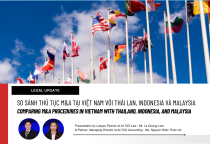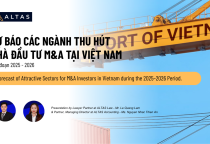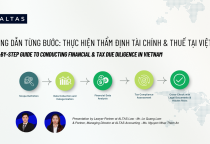LEGAL UPDATE: LEGAL ADVANTAGES AND CHALLENGES FOR VIETNAMESE-ORIGIN GOODS AND TRANSSHIPPED GOODS IN U.S. TRADE RELATIONS
Views: 1004

As of 5:00 PM on July 7, 2025 (U.S. time) — 4:00 AM on July 8 (Vietnam time) — U.S. President Donald Trump has announced a total of 14 letters to various countries, stating that significantly higher U.S. import tariffs will take effect starting August 1, 2025. The new tariffs include: Tunisia (25%), Indonesia (32%), Bosnia (30%), Bangladesh (35%), Serbia (35%), Cambodia (36%), Thailand (36%), Japan (25%), South Korea (25%), Malaysia (25%), Kazakhstan (25%), South Africa (30%), Laos (40%), and Myanmar (40%).
? Summary of U.S. Tariffs Effective from August 1, 2025
.png)
Among the countries listed, Thailand, Indonesia, and Bangladesh — considered direct competitors of Vietnam in the U.S. market — stand out. While these nations face steep tariffs ranging from 32% to 36%, Vietnam currently benefits from a tariff agreement under which most goods originating from Vietnam are subject to only a 20% import tax in the U.S. However, a higher 40% tariff will apply to products identified as transshipped through Vietnam from third countries. As of now, the U.S. has not officially announced specific criteria to define what constitutes transshipped goods.
According to ALTAS, the U.S. will likely apply a domestic content ratio as the basis for distinguishing between goods manufactured in Vietnam and transshipped goods. Specifically:
-
Goods produced in Vietnam that meet the required domestic content threshold may continue to enjoy the 20% tariff.
-
For goods that do not meet the localization requirement, two potential scenarios may apply:
-
A flat 40% tariff on the entire value of the goods; or
-
A 40% tariff applied only to the portion determined to originate from a third country.
Regardless of the approach, this policy presents risks for Vietnamese businesses — especially in sectors still heavily dependent on imported components and raw materials, such as electronics, textiles, and footwear. Strengthening origin control and increasing localization will be critical to minimizing tariff-related risks in the near future.
The higher tariffs imposed on Vietnam’s major competitors (Thailand: 36%, Indonesia: 32%, Bangladesh: 35%) offer a short-term competitive advantage for Vietnamese exporters. This presents an opportunity for Vietnam to expand its U.S. export market share.
However, this advantage will only be sustainable if businesses can prove that goods are genuinely manufactured in Vietnam by strictly complying with rules of origin. For industries that rely heavily on imported inputs, developing a domestic supply chain, controlling origin documentation (C/O), calculating material consumption rates, and establishing traceability systems will be essential to maintaining the favorable 20% tariff.
For businesses engaged in outsourced manufacturing or reliant on third-country components, it is necessary to review production processes and evaluate localization ratios immediately. Additionally, companies should prepare risk management strategies, including:
-
Keeping up with U.S. regulatory updates
-
Establishing working relationships with legal and trade consultants to handle origin-related disputes or inspections during export processes.
Given the possibility of further flexible, geopolitically motivated adjustments to U.S. tariff policy, proactive adaptation and supply chain optimization will be key for Vietnam to retain its competitive edge in international trade.
Therefore, closely monitoring policy developments, timely impact assessments, and proactively developing responsive strategies will be essential for the business community to maintain competitiveness and protect U.S. market share amid a volatile global trade landscape.
Legal Perspective from ALTAS
From a legal standpoint, ALTAS provides a high-level analysis based on current regulations and free trade agreements (FTAs) to which Vietnam is a party. The terms “Vietnam-origin goods” and “transshipped goods” are not explicitly defined but can be interpreted through:
-
Rules of origin,
-
Transportation processes, and
-
Accompanying conditions specified in FTAs such as EVFTA, CPTPP, RCEP, and ACFTA.
These agreements are fundamental in classifying goods for determining applicable tariffs and trade privileges.
1. Vietnam-Origin Goods
According to Decree 31/2018/NĐ-CP and Circular 40/2025/TT-BCT, goods qualify as Vietnamese-origin if:
-
Wholly obtained or produced in Vietnam, using no imported materials — e.g., agricultural, mineral, or aquatic products, or
-
Not wholly obtained, meaning they use imported materials but comply with legal standards, such as:
-
HS code transformation (CTSH),
-
Regional Value Content (RVC ≥ 40%), and
-
Undergo more than minimal processing.
These rules are also reflected in FTAs like EVFTA, CPTPP, and RCEP, allowing Vietnamese goods to enjoy tariff preferences when exported.
From July 1, 2025, Vietnam will implement an electronic Certificate of Origin (C/O) system via eCoSys to improve transparency in origin verification.
2. Transshipped Goods
Defined under Clause 8, Article 3 of Decree 43/2017/NĐ-CP, transshipped goods are those:
-
Not consumed within Vietnam,
-
Pass through Vietnamese territory (e.g., via ports or bonded warehouses),
-
Are forwarded to the importing country without alteration.
Furthermore, under the 2017 Law on Foreign Trade Management and Decree 59/2018/NĐ-CP, such goods must:
-
Have transport documents proving direct shipment,
-
Not be repackaged, split, or undergo technical processing,
-
Be under continuous customs supervision,
-
Be stored for no more than 30 days, unless properly extended.
Under FTAs like EVFTA, transshipped goods do not qualify as Vietnamese-origin, as they fail to meet production or processing requirements. Non-compliance can result in loss of tariff privileges and the imposition of higher duties.
With such legal distinctions, controlling the origin and provenance of goods is a strategic tool for Vietnamese businesses to increase transparency, optimize tax costs, and expand globally. However, it’s important to note that definitions and tax treatment of transshipped goods are still subject to change and negotiation between parties.
ALTAS will continue to update clients promptly as soon as any party issues detailed guidance.
Prepared by:
Managing Attorney of ALTAS & Senior Legal Associate Trần Anh Hoàng
Date: July 8, 2025
.png)










